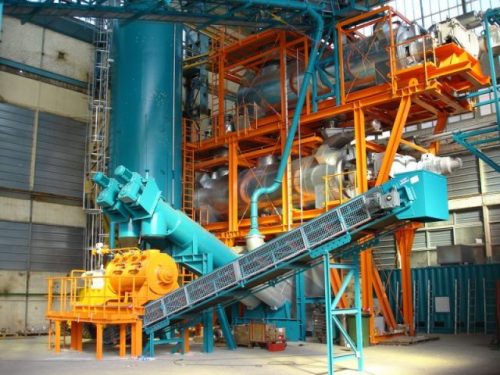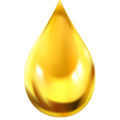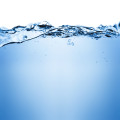Contaminated soils and building rubbles with hydrocarbons, mercury, and dioxin contamination can be treated in our VacuDry® technology. Moreover, contaminants like PCB, PAH, TPH, furans, chlorinated organic compounds, organic lead, mercury compounds (tetraethyl lead), residues from petrochemical processes can also be treated with VacuDry® technology. VacuDry® units have low emissions and a low energy consumption, making the treatment of contaminated soils more feasible than any other thermal technology.
This approach ensures that contaminated sites can be safely restored to the safe conditions, minimizing environmental risks and promoting a healthier ecosystem.
Benefits of VacuDry® for soil remediation plants:
- Plant throughput up to 250 t/d capacity
- Lowest energy consumption through efficient heat transfer and vacuum
- Approved treatment method operating since more than 10 years with numerous applications
- Environmentally friendly, fully enclosed separation process for volatile contaminants
- Single process approved to be operated with multi-contaminated input materials
- High temperatures and low vacuum to ensure an in-depth cleaning effect
- Emission and dust free system, encapsulated treatment of exhaust vapours and solids
- Optional stabilisation/solidification of cleaned solids after thermal treatment
| Key Facts | |
|
Sources: |
Abandoned, multi-contaminated hazardous waste landfills, brownfields, old industrial production facilities, coke oven plant sites |
|
Input material: |
Debris, soils, dust, sludges with varying moisture contents, sediments, fine fraction of soil washing |
|
Output material: |
Oil, water, clean solids |
|
Plant design: |
Fixed or mobile execution 0.5 … > 10 t/h throughput capacity |
|
Heating system fired by: |
Electricity, biofuels, hydrogen, recovered oil, diesel, natural gas, as well as hybrid systems are available |
|
Optional: |
Remoistening, cooling and stabilisation of cleaned solid output |







